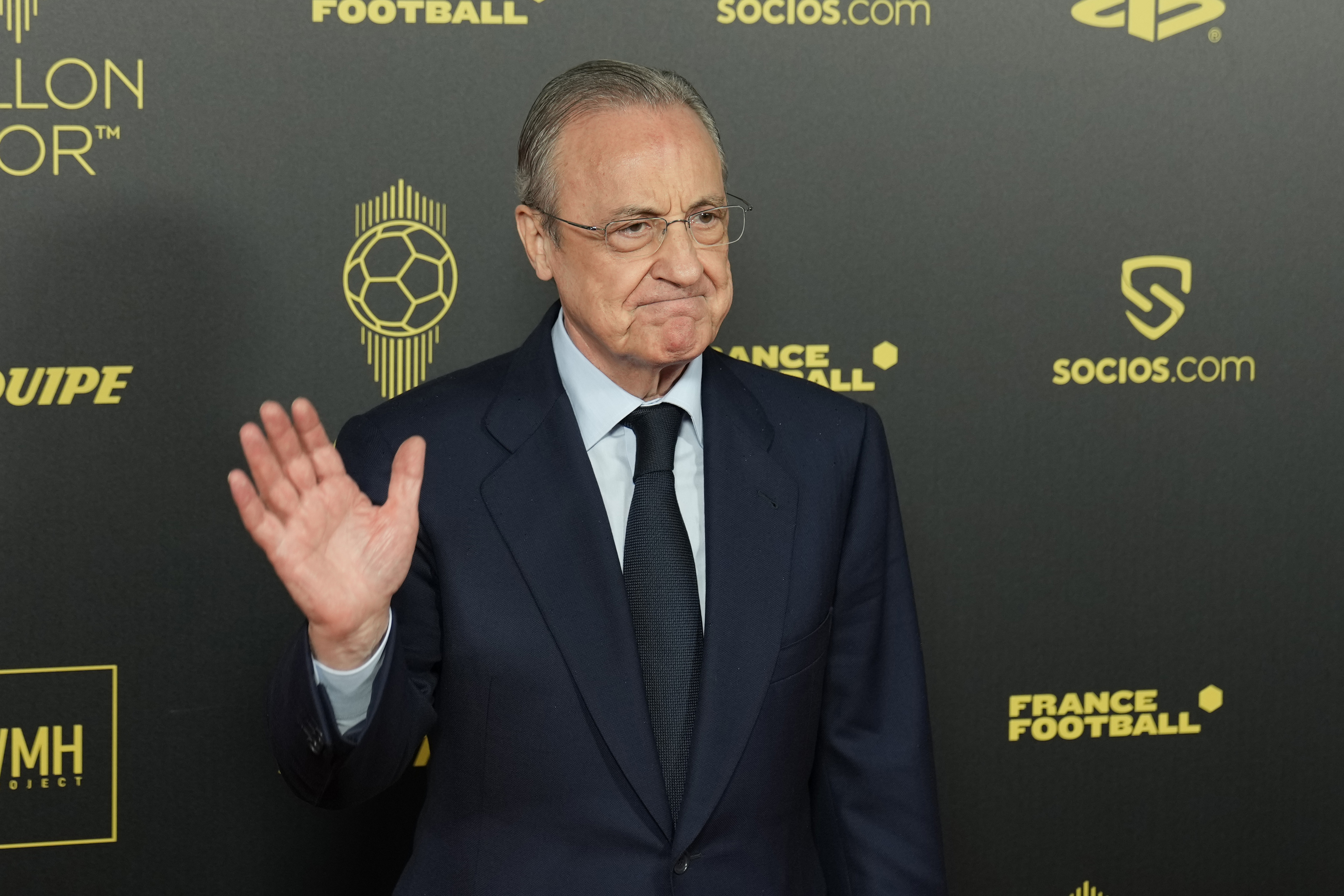There have been eight meetings in eight months, one every four weeks. There was some closeness, proposals for a small format change dividing the Champions League, which would keep its name, into two groups of 18, so the tournament could be watched for free on the 'Unify' platform and to sign the definitive peace, but it has been impossible. Just over two weeks ago, the discussions between UEFA and the Super League ended, as this newspaper learned, with the "no" from the European organization presided over by Aleksander Ceferin. There was no white flag in the great war of European football. A turning point to which the ruling of the Provincial Court of Madrid on Wednesday was added, favorable to the new project and which will, hopefully, give them more power at the negotiation table.
The Provincial Court of Madrid dismissed the appeal by UEFA, LaLiga, and the Spanish Federation against the new competition and confirmed that the European organization engaged in an abuse of a dominant position by trying to prevent the creation of alternative competitions. A ruling that opens the door for A22 Sports, the promoter of the Super League, Real Madrid, and clubs that wish to do so, to claim economic compensation for damages and prejudices.
"Given that UEFA continues to ignore binding court decisions, 'A22 Sports' has no choice but to initiate proceedings to be compensated for the damages suffered," said the promoter in a statement. The same response to the ruling as Real Madrid. "The club announces that it will continue working for the good of global football and the fans, while asking UEFA for the significant damages suffered," announced the white club.
And it is there, in the "significant damages suffered," where A22 and Madrid's bargaining chip lies in their negotiation with UEFA. The threat of a million-dollar fine (the white club could claim up to 4 billion) if the demands continue, is what gives strength to the Super League side in achieving their goals. But, what are they?
Forget about a new competition. That, for now, is on hold. Let's focus on those eight meetings that representatives of A22, Real Madrid, and Barcelona have had with UEFA executive members. First, the protagonists. Around the table, Anas Laghrari (Florentino's trusted man) representing Madrid, Fernando Ledesma (lawyer and FIFA agent close to Laporta) for Barça, and Bernd Reichart (CEO) for A22. On the other side, UEFA's general secretary, Teodoro Teodoridis. Now, the specific proposals that brought the parties closer in recent months.
The Super League side offered UEFA to keep the names of their three main competitions, the Champions League, Europa League, and Conference League, but to slightly modify the current format, confirmed and official until 2027. A22 proposed to continue with the current access system, through national leagues, and then divide the 36 teams into two groups of 18, one with the six champions of the top six leagues in the UEFA ranking and the twelve best teams on the continent, also according to the European organization's classification, and another with the following 18. They would continue with eight rounds in a Swiss format and then move on to the knockout stage, where they were negotiating how many teams from each group would qualify for the round of 16.
The big revolution lies in the audiovisual aspect. The Super League side's offer, an offer that will still be on the table in the upcoming meetings despite the claims for damages, is for European competitions, especially the Champions League, to be watched, for free and with advertising, through the 'Unify' platform. Those commercial revenues would go to the clubs, UEFA would continue to be the regulator and organizer of the competitions, and the governance of the platform was still under discussion.
A table that broke just over two weeks ago. "There are three options now. Resume negotiations, pay us damages, or accept a competition called 'Super League,'" sources from the new project admit to this newspaper.
Meanwhile, 'UC3', the new company formed by UEFA and the ECA clubs responsible for managing and selling their commercial rights, now hints at the interest of Netflix and Disney (two streaming platforms) in the bidding process for the TV rights of UEFA competitions between 2027 and 2033. Another battle, one more, that will start in these weeks and will have Spain and the United Kingdom as its main markets.
The power of UEFA and its influence over European football is very high, something that Ceferin's entity is aware of, maintaining a position of logical superiority in negotiations, but the threat of several million-dollar lawsuits and the interest of the Super League side in launching their own streaming platform, like Netflix and Disney, but free albeit with a premium version, could restart negotiations in this football war.
